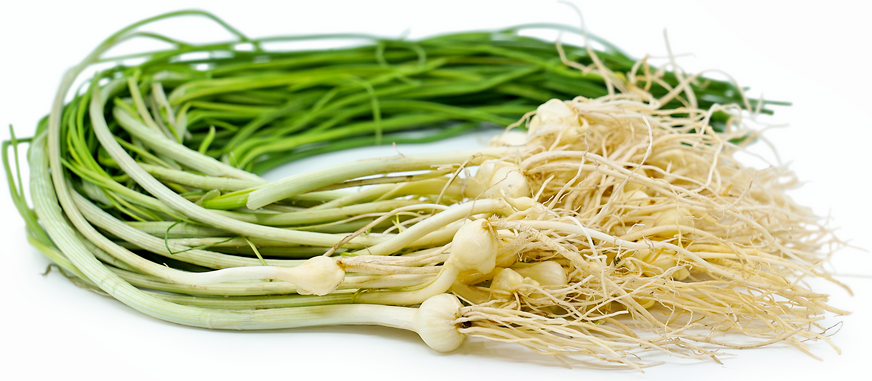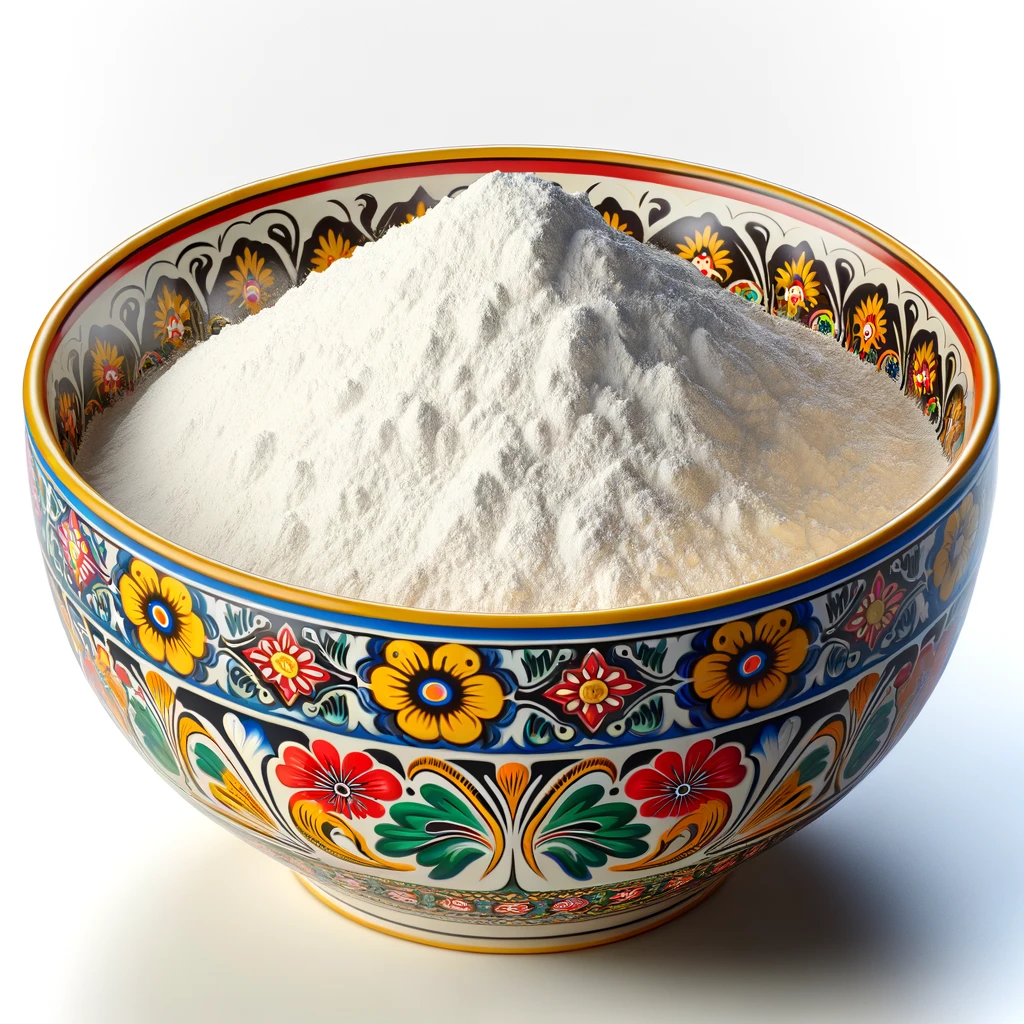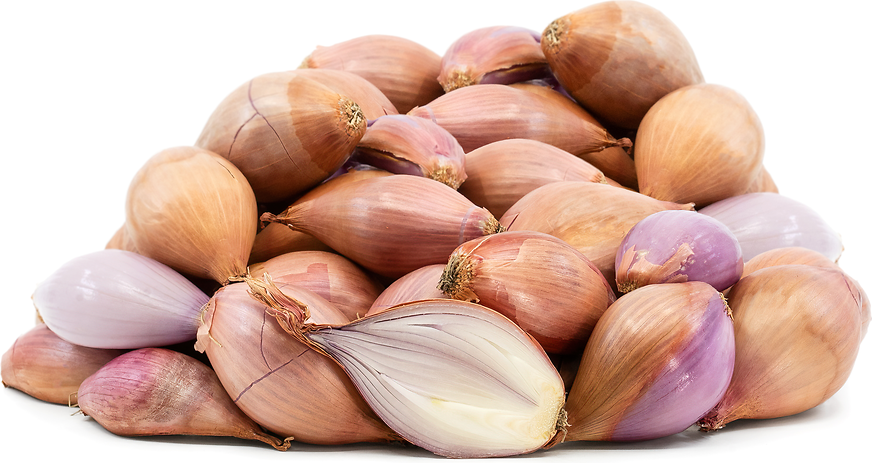Salad Oil
Salad oil - pronounced 'SAL-ed oil' is a broad term used to describe any light, neutral-flavored oil that's suitable for salad dressings and vinaigrettes.
The key characteristic of salad oil is its ability to blend well with other ingredients without overpowering the flavors of the salad itself. It provides the fatty base necessary for creating an emulsion with vinegar or lemon juice, herbs, and seasonings, resulting in a balanced and flavorful dressing.
Location : Oils & Vinegar
Salt

Salt, pronounced 'sawlt', is a finely ground mineral primarily composed of sodium chloride. It is the most common type of salt used in everyday cooking and seasoning.
Above and beyond its basic uses, table salt plays a crucial role in food preservation and can also be used in various household cleaning tasks.
Location : Spice Aisle
Saltpeter
Saltpeter, known chemically as potassium nitrate (KNO₃), is a naturally occurring mineral that has been used for centuries in various applications.
Its name comes from the Medieval Latin "sal petrae," meaning "salt of rock," which reflects its method of collection from cave walls or soil where it crystallizes.
Location : Pharmacy
Scallions

Scallions, also known as green onions or spring onions in some regions, are a type of vegetable from the Allium family, which also includes garlic, onions, leeks, and chives.
Scallions have a long, thin green stalk that transitions into a white base that has not fully developed into a bulb.
Location : Vegetable Section
Seeds
Seeds are tiny powerhouses of nutrition and flavor. From chia to sunflower, they come in a variety of shapes, sizes, and tastes, adding crunch and nutrients to your dishes. Seeds are not only delicious but also incredibly nutritious. They're packed with essential vitamins, minerals, and antioxidants that promote overall health and well-being.
Plus, they're versatile and easy to incorporate into your diet, whether you sprinkle them over salads, blend them into smoothies, or use them as a topping for yogurt and oatmeal.
Location : Nuts And Seeds Aisle
Self-rising Flour

Self-rising flour is a blend of all-purpose flour, baking powder, and salt, used to simplify baking by eliminating separate leavening additions. It's also used in non-cooking applications like homemade playdough.
Self-rising flour is a pre-mixed combination of all-purpose flour, baking powder, and salt.
Location : Baking Supplies Aisle
Semi-sweet Chocolate
Semi-sweet chocolate - pronounced 'SEH-mee sweet CHAW-kuh-lit' is a type of dark chocolate that contains a higher percentage of cocoa solids and less sugar compared to milk chocolate but more sugar than bittersweet chocolate.
This balance gives semi-sweet chocolate a rich, chocolaty flavor with a moderate level of sweetness, making it versatile for both eating on its own and using in baking and cooking.
Location : Baking Supplies Aisle
Semolina Flour
Semolina flour - pronounced 'sem-uh-LEE-nuh FLOW-er' is a type of flour made from durum wheat, a hard wheat variety. It's coarser in texture compared to typical wheat flour, with a yellowish color, and is high in gluten, which gives it the ability to create firm and elastic doughs.
Semolina is commonly used in making pasta, bread, and certain desserts like the Middle Eastern sweet, semolina cake.
Location : Baking Supplies Aisle
Shallots

Shallots - pronounced 'SHAL-ots' are a type of onion. They are smaller in size and have a more elongated shape. The skin of shallots can range from golden brown to reddish-purple, and when peeled, you'll often find that what looked like one bulb is actually two or more cloves joined at the base, similar to garlic.
Location : Vegetable Section
Sherry
Sherry - pronounced 'SHEHR-ee' is a fortified wine. It's a distilled spirit, usually brandy is added to the wine, which increases its alcohol content and gives it a distinct taste. Sherry comes in various styles, ranging from dry to sweet, and is used both as a drink and in cooking to add depth and flavor to dishes.
Location : Beer, Wine & Spirits
Tips and Hacks
When measuring sticky oils like sesame oil, coat the measuring spoon with a neutral oil first to help the sticky oil slide off easily. This simple trick prevents waste and mess by making sure of a more accurate measure and clean release from the spoon.
Tell me more...
Keldons Cookery © 1998 - 2024 All rights Reserved | Secured with SSL
Cook what you eat. Love what you cook!
This is day 326 of 2024